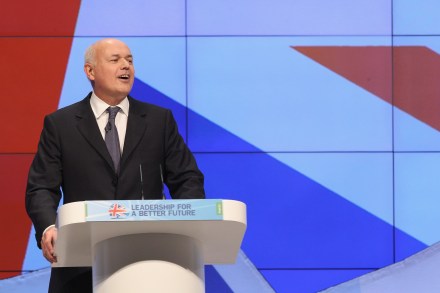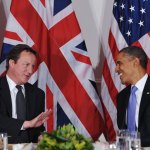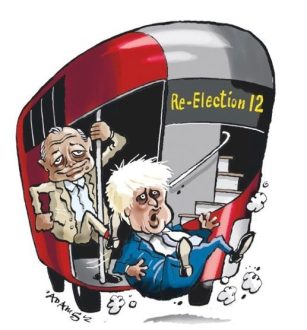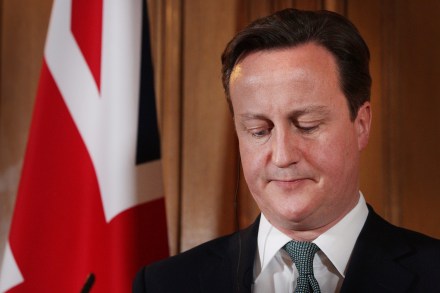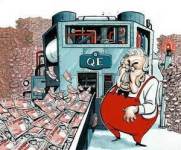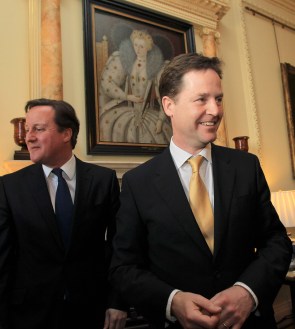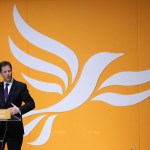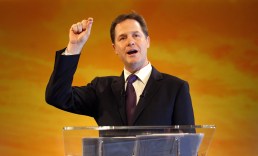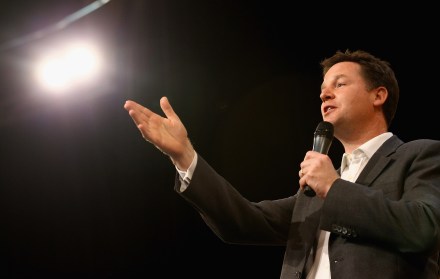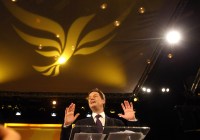IDS’s important call for ‘social value’
It’s the same for celebrities and policymakers: talking about marriage gets you headlines. Hence why the newspapers have concentrated on Iain DuncanSmith’s remarks today that ‘marriage should be supported and encouraged’ by the state. But there were two other parts of IDS’s speech — and the ‘social justice strategy’ document behind it — that I found more arresting. The first was his incisive attack on the Gordon Brown approach to fighting poverty (define it statistically and then massage the statistics so that they work in your favour), which deserves repeating: ‘First, we have seen a social policy overwhelmingly focussed on moving people above the income poverty line. A laudable ambition
